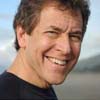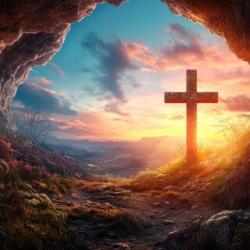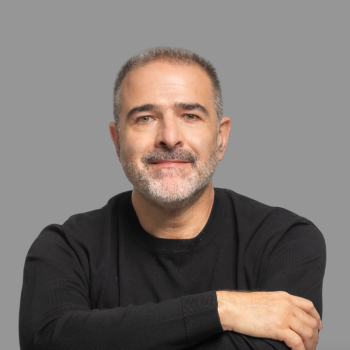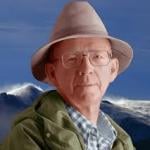Doubt is the beginning, not the end of wisdom. ~ George Iles
 Our relationship to doubt is a complex thing. It is shaped by our personalities, a complex mix of social forces, generational experiences, and encounters, the role that doubt has played in our lives, and the way we have been socialized to experience it.
Our relationship to doubt is a complex thing. It is shaped by our personalities, a complex mix of social forces, generational experiences, and encounters, the role that doubt has played in our lives, and the way we have been socialized to experience it.
One dictionary offers a range of meanings for the word "doubt" that hints at just how complex the experience of doubt can be. The meanings ascribed to the word "doubt" range from a tentative state of mind awaiting clarity to a permanent state of mind in which the one thing that is certain is that something can't be known.
As a temporary life-experience, doubt can be a good thing. It can be the beginning of a quest and the first step in finding wisdom. The healthiest of adults also make a variety of commitments in the face of lingering doubts or unanswered questions of one kind or another. Life is not simple.
But thoroughgoing doubt can be debilitating. And doubt that is cultivated as a frame of mind can harden into cynicism that forecloses on the possibility of finding answers and making commitments. Not surprisingly, those of us who are the most susceptible to that kind of debilitating doubt are people who most believed that certainty was once possible. I have lost track now of the number of people I have met who have swung, pendulum like, from fundamentalist certainty to thoroughgoing doubt.
That's not surprising. When we feel betrayed by the promise that we can live in certainty, it is hard not to embrace thoroughgoing doubt as a means of protecting ourselves against further disappointment. But that kind of cynicism offers its own counterfeit certainty and it also brings with it a fresh set of temptations.
If the weakness of the sure and certain fundamentalist is an unthinking certitude, the temptation for the cynic can be pride-filled arrogance. Both are two sides of the same coin and at the heart of both experiences lies the same spiritual problem—the failure to trust. Both run from the need to trust—one by insisting on certainty that makes trust unnecessary, the other by insisting that there is no one to trust.
That's worth knowing at the beginning of a new year. The last year was filled with unwelcome surprises, the failure of old formulas, and no small number of disappointments. And, while it might be different, there is nothing about changing calendars that insures we will awake to a new world on January 1.
But we can awake to a new approach to life. We can trust God. We can live courageously. We can continue to dream and act in ways that will make for a new year—if only in our response to its challenges. New years don't happen, they are made.
The doubts that we bring to this one can be a life-crushing burden. Or they can be the beginning of wisdom. Which of your doubts can kindle the search for new trust and wisdom in the year ahead?
Check back every Monday for the latest from The Spiritual Landscape, a regular column at the Mainline Protestant Portal at Patheos.
1/4/2011 5:00:00 AM





